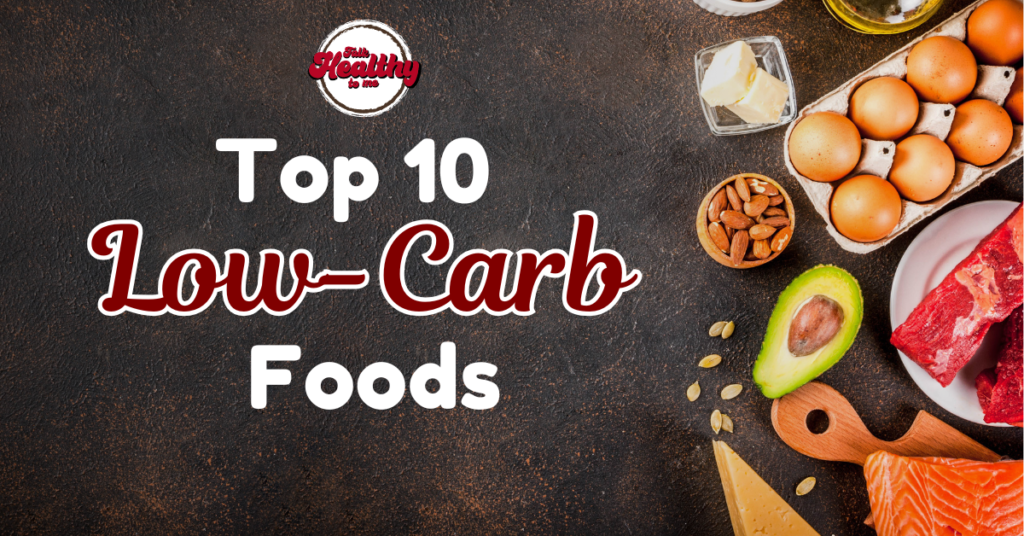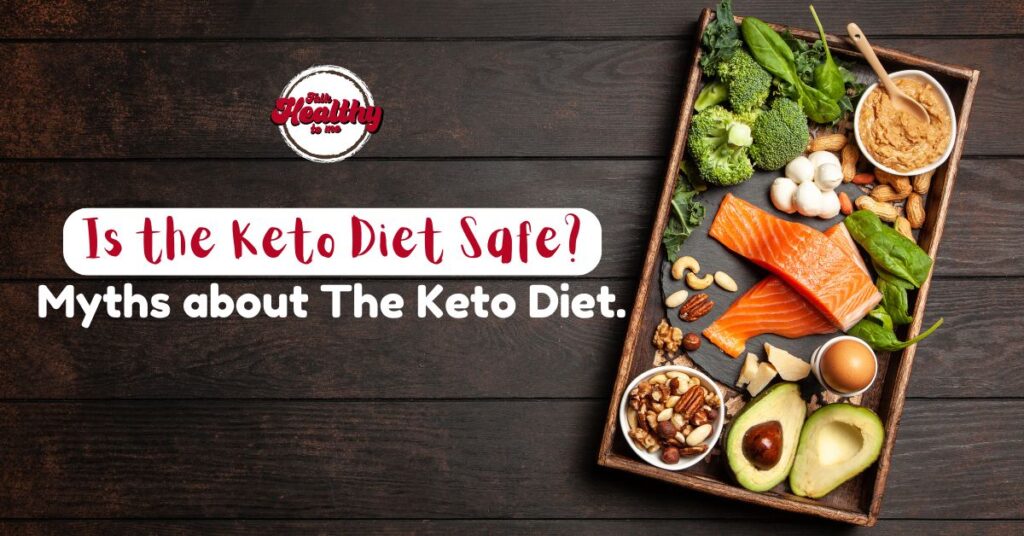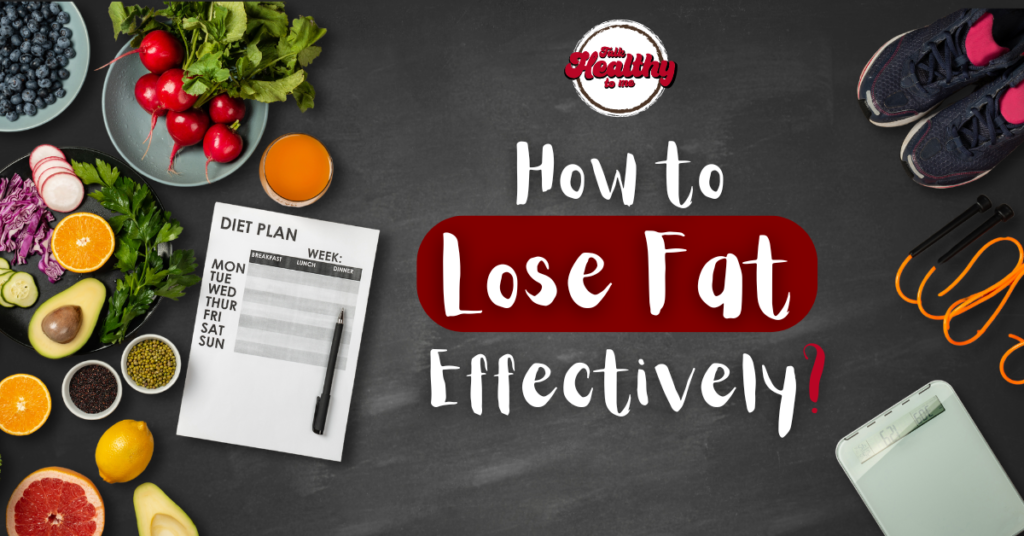Choosing low-carb foods doesn’t mean giving up all carbs—it’s about making mindful choices. Low-carb foods are nutrient-dense, filling, and help to maintain steady energy without causing sharp rises in blood sugar. Below are ten great low-carb foods that will help you keep your carb intake in check while enjoying nutritious, satisfying meals. Before lets us know about types of carbs.
When it comes to carbs, it’s essential to know what types you’re eating. Not all carbs are created equal, and understanding their differences can help you make healthier choices. There are three main types of carbohydrates: sugars, starches, and fiber. Knowing these types will give you a better idea of which carbs to enjoy more often and which ones to limit. Let’s break it down:
Types of Carbs
- Sugars (Simple Carbohydrates): These are the quickest source of energy, as they break down rapidly. Sugars are naturally found in fruits, vegetables, and dairy, but they’re also added to many processed foods, which can lead to blood sugar spikes. Examples include glucose, fructose, and sucrose (table sugar).
- Starches (Complex Carbohydrates): Starches are complex carbs that take longer to digest, providing more sustained energy. They’re found in foods like grains, beans, and root vegetables (like potatoes). Complex carbs like starches are usually a better choice than simple sugars because they’re digested more slowly, giving you longer-lasting energy.
- Fiber: Fiber is unique because it’s a carb that your body can’t fully digest. It moves through your digestive system, helping with digestion, promoting a feeling of fullness, and supporting overall gut health. Fiber is mainly found in whole grains, vegetables, fruits, and legumes.
Top 10 Low-Carb Foods List:
1. Eggs: A Protein Powerhouse
Eggs contain less than 1 gram of carbs and are packed with protein and nutrients like choline, which supports brain health. They’re versatile and can be enjoyed in numerous ways—boiled, scrambled, or as an omelet—making them a great addition to any meal.
2. Leafy Greens
Low in carbs and high in vitamins, minerals, and antioxidants, leafy greens like spinach, kale, and arugula are excellent choices. They’re also fiber-rich, which helps with digestion and satiety. Use them as the base for salads, add to soups, or blend them into smoothies for a nutrient boost.
3. Salmon and Other Fatty Fish
Fatty fish like salmon, trout, and sardines are rich in healthy fats, especially omega-3 fatty acids, which are great for heart health. They’re naturally low in carbs and provide high-quality protein, making them ideal for a balanced, low-carb diet.
4. Avocado: The Healthy Fat Fruit
Avocados are unique among fruits because they’re low in carbs and high in healthy fats. They’re also rich in fiber, which supports digestion and blood sugar control. Enjoy avocado slices in salads, mash it as a spread, or have it on its own as a snack.
5. Greek Yogurt
Greek yogurt is lower in carbs than regular yogurt and provides probiotics that support gut health. Choose unsweetened Greek yogurt to keep carbs minimal and add berries or nuts for natural sweetness. It’s also high in protein, making it a great breakfast or snack.
6. Nuts and Seeds
Nuts like almonds, walnuts, and seeds such as chia and flaxseeds are excellent low-carb snacks. They’re packed with healthy fats, fiber, and protein, which help with satiety and blood sugar regulation. Add a small handful to your diet for a satisfying, nutritious snack.
7. Chicken Breast
With virtually no carbs, chicken breast is a staple protein source for a low-carb diet. It’s lean, easy to cook, and can be used in various dishes. Grill, bake, or sauté chicken breast and pair it with low-carb veggies for a balanced, filling meal.
8. Zucchini
Zucchini is a low-carb veggie that can be a great substitute for high-carb foods like pasta. It’s high in vitamins, minerals, and antioxidants. Use it to make zucchini noodles or “zoodles,” grill it, or add it to stir-fries for a healthy, low-carb meal.
9. Cauliflower
Cauliflower is versatile, low in carbs, and packed with fiber and antioxidants. It can be used as a substitute for rice or mashed potatoes and is perfect for those looking to cut carbs while still enjoying their favorite dishes.
10. Olive Oil
While not a food on its own, olive oil is a healthy, low-carb ingredient packed with monounsaturated fats. It can be used in cooking or as a salad dressing, adding flavor and nutrition to any meal. Olive oil is also known for its anti-inflammatory properties, supporting overall health.
How to Incorporate Low-Carb Foods
Incorporating low-carb foods is easy and can be delicious! Replace carb-heavy sides with cauliflower rice or zucchini noodles, snack on nuts and Greek yogurt, and build meals around lean proteins like chicken and fish. Combining these foods helps you enjoy a balanced, nutritious diet while managing carb intake.
Benefits of a Low-Carb Diet
Choosing low-carb foods can help with weight management, stabilize blood sugar levels, and reduce cravings. Low-carb diets are often associated with increased energy, better mental clarity, and more stable moods, making them beneficial for both physical and mental health.
Low-Carb Foods for Sustained Energy
Foods like fatty fish, nuts, and leafy greens not only provide essential nutrients but also keep your energy steady. Unlike simple carbs, which can cause rapid blood sugar spikes and crashes, these low-carb foods keep you fueled for longer and prevent energy slumps.
Conclusion and Tips for Success
Incorporating low-carb foods doesn’t mean you have to give up on taste or nutrition. With options like eggs, avocados, and leafy greens, you can enjoy delicious meals that keep you full and support your health goals. Remember, focusing on whole, nutrient-dense foods will help you succeed in managing your carb intake while enjoying the benefits of a balanced diet.





